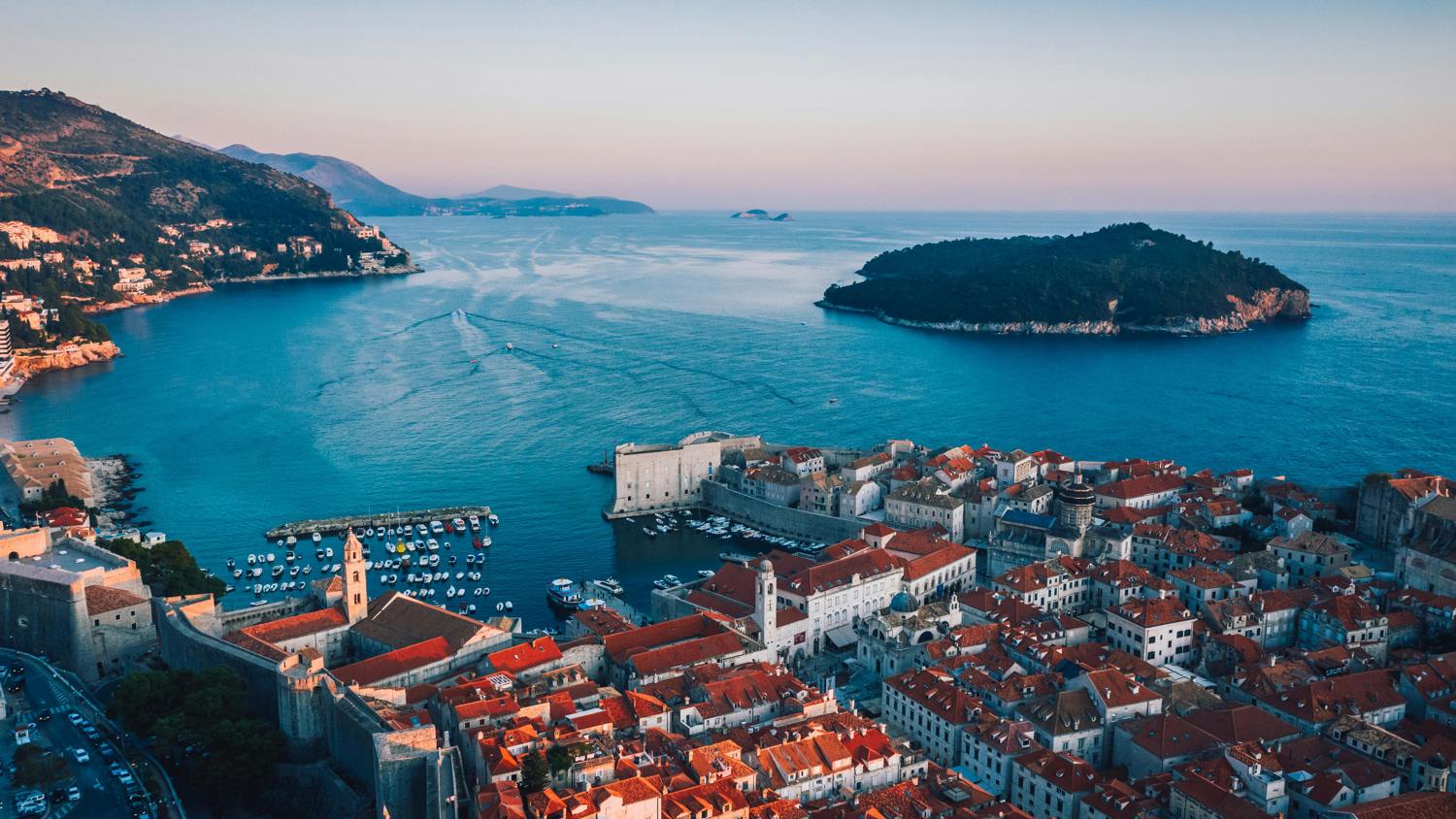Interreg Slovenia-Croatia open calls

Deadline
679
Days
Continous Call for small-scale projects
The Slovenia-Croatia programme operates an Open Call system, allowing you to submit your project proposal at any time after the call launches, provided funding is still available.
Programme
Slovenia-Croatia
Details
Deadline for application
01 January 2028
Open for application
Explore the call
08 September 2025
Themes
Better Governance
Interreg strengthens institutional capacity and encourages collaboration across borders. It reduces legal and administrative obstacles, promotes mutual trust and citizens’ cooperation, and reinforces governance structures in place. It also helps build more transparent, inclusive and sustainable democratic governance.
Greener Europe
Interreg invests in projects that promote a low-carbon economy, tackle climate change and encourage a circular economy. It supports risk prevention, nature protection, sustainable energy and water management to help build a greener, more sustainable future.
Interreg promotes inclusion, employment and access to quality health, education, training and skills. It also supports culture, sustainable tourism and equality to create a fairer, more inclusive society.
Eligibility
Eligible countries
(2)
Croatia
13
region(s)
Croatia
(13 regions)
- Grad Zagreb
- Grad Zagreb
- Hrvatska
- Istarska županija
- Jadranska Hrvatska
- Karlovačka županija
- Krapinsko-zagorska županija
- Međimurska županija
- Panonska Hrvatska
- Primorsko-goranska županija
- Sjeverna Hrvatska
- Varaždinska županija
- Zagrebačka županija
Slovenia
12
region(s)
Slovenia
(12 regions)
- Jugovzhodna Slovenija
- Obalno-kraška
- Osrednjeslovenska
- Podravska
- Pomurska
- Posavska
- Primorsko-notranjska
- Savinjska
- Slovenija
- Vzhodna Slovenija
- Zahodna Slovenija
- Zasavska
Who is behind the call
Slovenia-Croatia
This programme supports cross-border cooperation between Slovenia and Croatia, focusing on flood risk management, preservation of natural and cultural resources, and enhancing institutional cooperation. Key priorities include integrated flood risk management, sustainable tourism, biodiversity protection, and building partnerships for safe and accessible border areas. The programme promotes innovative solutions for preserving the environment and mobilising socio economic potentials.
